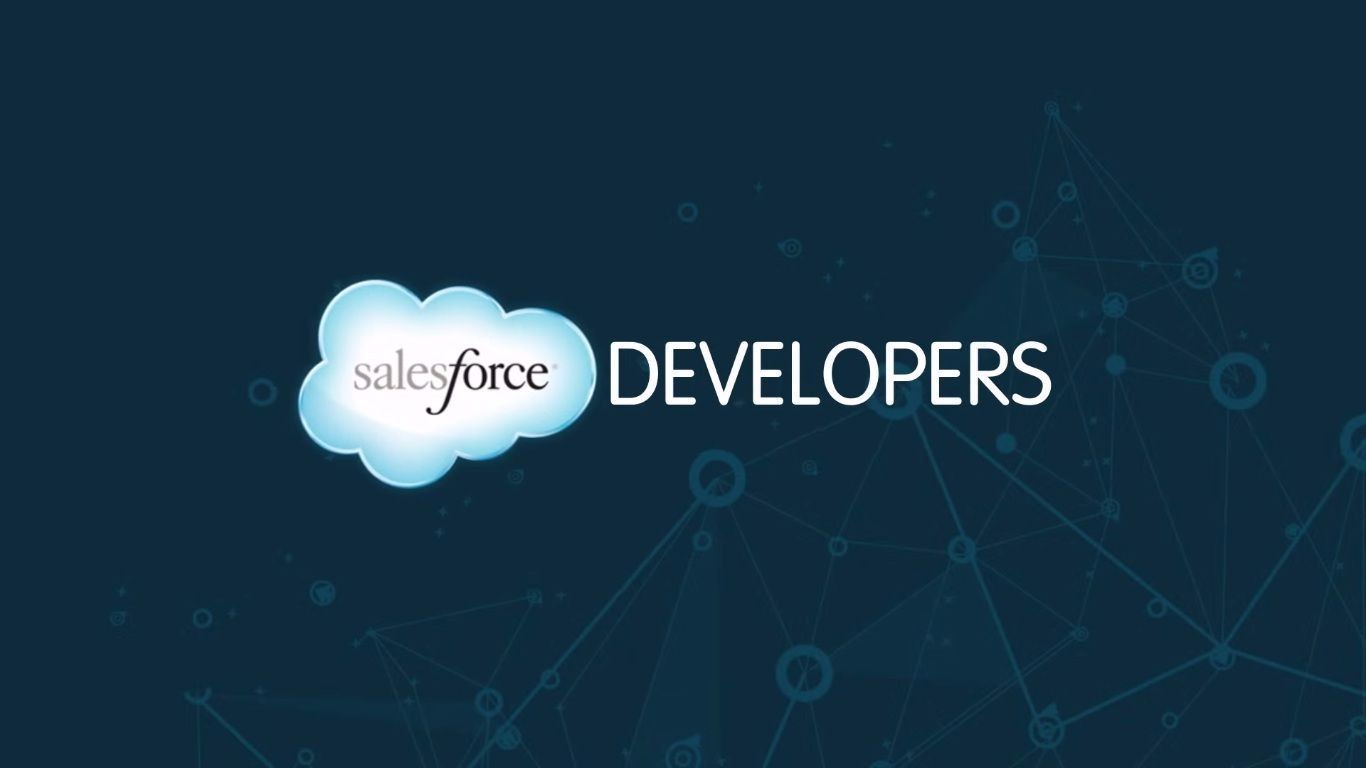Data analysts play a vital role in interpreting data, identifying trends, and providing actionable insights to businesses across a range of sectors, from technology to finance and healthcare. For foreigners looking to work in Germany, data analyst positions offer excellent career prospects, with many companies providing visa sponsorship to attract global talent. Germany’s focus on technological advancement, coupled with its need for skilled professionals, has made it an attractive destination for data analysts from around the world.
Many organizations in Germany, especially in large urban centers such as Berlin, Munich, and Frankfurt, are actively seeking qualified data analysts. These companies not only offer competitive salaries but also support skilled immigrants through visa sponsorship programs.
With the right skills, qualifications, and experience, immigrants can find numerous opportunities to contribute to Germany’s thriving data-driven economy while benefiting from the high quality of life that the country offers.
Entry-Level Skills and Experience Required
To work as a data analyst in Germany, individuals must possess a combination of technical and analytical skills. While entry-level positions may not require extensive professional experience, certain qualifications and competencies are essential.
- Educational Background: A degree in a related field such as data science, computer science, statistics, mathematics, or economics is typically required. Some entry-level positions may accept candidates with certifications in data analytics from recognized institutions.
- Technical Skills: Proficiency in programming languages and tools such as Python, R, SQL, and Excel is crucial. Experience with data visualization tools like Tableau or Power BI and working knowledge of databases and data management systems (e.g., MySQL, PostgreSQL) are highly valuable.
- Analytical Thinking: Data analysts must be able to interpret large datasets, identify trends, and provide insights that can inform business decisions. Strong problem-solving abilities and attention to detail are key components of this role.
- Communication Skills: The ability to communicate complex data findings in a clear and understandable way to non-technical stakeholders is essential. This includes presenting data through reports, charts, and graphs.
- Basic Knowledge of German: Although many data analyst roles are offered in English, basic proficiency in German can be an advantage, especially in smaller companies or roles that require interaction with local teams.
- Internships and Relevant Experience: Many entry-level positions prefer candidates with internships or practical experience in data analysis. Hands-on experience gained through university projects, freelance work, or internships can significantly boost a candidate’s employability.
Regions with the Highest Payment Structures
Germany’s demand for data analysts is concentrated in its major cities, particularly where technology and finance industries thrive. The top five regions with the highest payment structures for data analysts include:
- Berlin: Berlin is a leading hub for tech startups, e-commerce, and digital innovation. Data analysts in Berlin can expect to earn between €50,000 and €65,000 per year, with salaries increasing based on experience and sector.
- Munich: Home to major corporations like BMW and Siemens, Munich offers competitive salaries for data analysts. The average annual salary ranges from €55,000 to €70,000, particularly in the tech and finance sectors.
- Frankfurt: As the financial capital of Germany, Frankfurt has a high demand for data analysts, especially in banking and finance. Data analysts here typically earn between €55,000 and €68,000 per year.
- Hamburg: Known for its media and logistics industries, Hamburg is another city where data analysts are in demand. Salaries range from €50,000 to €65,000 annually.
- Stuttgart: Stuttgart, a key player in Germany’s automotive industry, offers data analysts salaries between €52,000 and €66,000 per year, particularly in manufacturing and engineering sectors.
Salary Expectations for Immigrants
The salary expectations for data analysts in Germany vary depending on the region, industry, and level of experience. Below is a table that summarizes typical salary ranges for data analysts across different regions in Germany:
| Region | Annual Salary (Entry-Level) | Annual Salary (Experienced) |
|---|---|---|
| Berlin | €50,000 – €65,000 | €70,000 – €85,000 |
| Munich | €55,000 – €70,000 | €75,000 – €90,000 |
| Frankfurt | €55,000 – €68,000 | €72,000 – €85,000 |
| Hamburg | €50,000 – €65,000 | €70,000 – €80,000 |
| Stuttgart | €52,000 – €66,000 | €70,000 – €82,000 |
In summary, salaries for data analysts in Germany are competitive, especially in major cities and industrial hubs. Entry-level positions typically start at around €50,000 per year, with salaries rising significantly for those with several years of experience. Immigrants can expect fair pay, especially if they bring specialized skills and expertise to the role.
Companies Hiring Data Analysts in Germany
Several multinational corporations and tech startups in Germany are actively hiring data analysts. Below are some of the top companies and their requirements for immigrant workers:
- Siemens (Munich): A global leader in engineering and electronics, Siemens hires data analysts for roles in automation, energy management, and digitalization. The company often requires a background in data science, experience with machine learning models, and knowledge of German.
- Daimler AG (Stuttgart): Daimler, a prominent player in the automotive industry, seeks data analysts to support its manufacturing, marketing, and R&D functions. Requirements typically include a degree in data science or a related field, proficiency in programming languages, and experience in big data analytics.
- SAP (Walldorf and Berlin): SAP, one of the world’s leading enterprise software companies, regularly hires data analysts to work on its cloud-based solutions. Requirements include strong SQL and Python skills, familiarity with cloud platforms, and experience with enterprise resource planning (ERP) systems.
- Deutsche Bank (Frankfurt): Germany’s largest financial institution, Deutsche Bank, employs data analysts in various functions, including risk management, fraud detection, and financial analysis. The bank requires candidates with advanced statistical knowledge, experience in finance, and fluency in English (German is often not mandatory).
- Delivery Hero (Berlin): As a leading global online food delivery service, Delivery Hero hires data analysts to optimize delivery logistics, customer experience, and marketing strategies. The company often requires proficiency in SQL, Python, and data visualization tools like Tableau.
Visa Types and Options for Data Analysts
Foreigners looking to work as data analysts in Germany can apply for several visa options depending on their qualifications and country of origin.
- EU Blue Card: The EU Blue Card is a popular visa option for highly skilled workers, including data analysts. To qualify, you must have a recognized university degree and a job offer with a salary of at least €58,400 per year (or €45,552 in shortage occupations like IT). The Blue Card provides a pathway to permanent residency after 33 months, or 21 months if you demonstrate German language proficiency.
- Job Seeker Visa: For individuals without a job offer, the Job Seeker Visa allows you to stay in Germany for six months to search for employment. Once you find a job, you can apply for a work visa or EU Blue Card.
- Work Visa for Non-EU Nationals: Non-EU nationals can apply for a regular work visa once they secure a job offer. The employer typically provides visa sponsorship, and this visa allows long-term employment in Germany.
- Freelancer Visa: If you plan to work as a freelance data analyst, you may qualify for a freelancer visa, provided you can demonstrate contracts with German clients and meet the income requirements.
Where to Find Data Analyst Job Opportunities
There are several platforms and resources available to help you find data analyst job opportunities in Germany:
- Job Portals: Websites such as LinkedIn, StepStone, Glassdoor, and Indeed regularly feature data analyst positions in Germany. These platforms allow you to filter searches by location, company, and visa sponsorship availability.
- Company Career Pages: Many multinational companies and startups post job openings directly on their career pages. For instance, SAP, Siemens, and Delivery Hero frequently advertise data analyst roles on their websites.
- Recruitment Agencies: Specialized recruitment agencies in Germany, such as Robert Walters and Hays, often have exclusive access to data analyst roles, especially in the tech and finance sectors.
- Networking Events and Meetups: Germany, especially in cities like Berlin and Munich, hosts numerous tech and data science meetups, where you can network with industry professionals and learn about job opportunities.
How to Apply for Data Analyst Jobs as an Immigrant in Germany
To apply for a data analyst job in Germany as an immigrant, follow these steps:
- Research Job Openings: Use job portals, company websites, and recruitment agencies to search for open data analyst positions that offer visa sponsorship. Ensure you meet the specific job requirements before applying.
- Prepare Your Application: Tailor your CV to highlight relevant data analysis experience, technical skills, and any internships or projects. Write a cover letter that emphasizes your ability to contribute to the company’s data-driven objectives.
- Apply Online: Submit your application through the company’s career portal or job listing site. Some companies may require you to complete online assessments or technical challenges.
- Attend Interviews: Once shortlisted, you will likely go through a series of interviews, which may include technical tests, problem-solving tasks, and discussions with the hiring manager.
- Obtain Visa Sponsorship: After receiving a job offer, work with your employer to initiate the visa sponsorship process. The company will help you apply for the necessary work visa, such as the EU Blue Card or a standard work visa.








